Is it permissible to be a flight attendant to have children while working?
Can, Flight attendants can have children while working, However, there are several considerations and policies that need to be taken into account. These policies may vary depending on the airline and country where the flight attendant works. Some general things that are usually paid attention to are:
- Maternity Leave Policy: Many airlines have maternity leave policies that allow flight attendants to take time off before and after giving birth. This leave can last for several months according to company regulations and local employment laws.
- Non-Flying Period: After giving birth, Flight attendants may need to spend a period not flying for physical recovery. This also applies when a flight attendant is pregnant, especially in the third trimester, because air pressure and working conditions can affect the health of the mother and baby.
- Schedule Adjustments: Some airlines may provide flexibility in scheduling for flight attendants who have young children, allowing them to balance work and family responsibilities.
- Support Facilities: Certain airlines may provide support facilities such as airport daycare or welfare programs for employees with children.
However, It is very important to check the specific policies of the airline where the flight attendant works and discuss personal situations with the human resources department or direct manager to obtain accurate information and needed support.
Flight Attendant Leave Policy
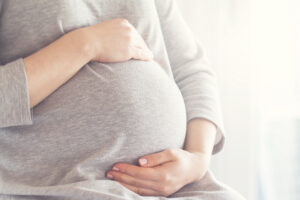
Leave policies for flight attendants may vary depending on the airline and the country in which the airline operates. However, some common types of leave typically available to flight attendants include:
1. Maternity and Maternity Leave
- Maternity leave: Pregnant flight attendants are usually entitled to prenatal leave. The duration of this leave can vary, usually starting from a few weeks to a few months before the expected due date.
- Maternity Leave: After giving birth, Flight attendants are entitled to additional leave for recovery and baby care. The length of maternity leave can vary, but generally ranges between 2 until 6 moon, depending on airline policy and local employment laws.
2. Sick Leave
Flight attendants who are sick or have a health condition that requires rest can usually take sick leave. Medical documentation may be required to support this leave request.
3. Annual Leave
Like most jobs, flight attendants are also entitled to annual leave or paid leave. The duration of annual leave is usually regulated by the airline and can increase with length of work.
4. Leave Without Pay
If the flight attendant takes more time than paid leave allows, they may be able to take unpaid leave, depending on airline policy.
5. Family Vacation
Some airlines may offer family leave for flight attendants who need to care for family members who are sick or require special attention.
6. Emergency Leave
Emergency leave may be granted for unforeseen situations such as the death of a close family member or other urgent events.
Example of Airline Policy
Garuda Indonesia: Garuda Indonesia, as an example of airlines in Indonesia, has a leave policy that complies with Indonesian employment law, including maternity and maternity leave.
Singapore Airlines: By Singapore Airlines, Flight attendants are entitled to comprehensive maternity and paternity leave, as well as the option of unpaid leave if needed.
Labour Laws
Leave policies must also comply with labor laws in the countries where the airline operates. For example, in Indonesia, Employment Law no. 13 Year 2003 regulates workers' rights regarding maternity and childbirth leave.
For more specific information about leave policies on specific airlines, Flight attendants are advised to contact their human resources department or manager.
Non-Flying Period For Flight Attendants
Periods of non-flying for flight attendants are usually related to certain conditions such as pregnancy, post-natal recovery, or other health problems. These policies may vary depending on the airline and country regulations. Here are some common situations that require a flight attendant period:
1. Pregnancy
- Third Trimester: Many airlines stipulate that flight attendants should not fly during the third trimester of pregnancy due to health risks to the mother and fetus. This period usually begins around the 28th week of pregnancy.
- Medical Evaluation: Some airlines may require periodic medical evaluations to ensure the flight attendant's health during pregnancy. If a risk is found, the non-flying period may start earlier.
2. Post-Partum Recovery
- After giving birth, Flight attendants are generally given time to recover and care for newborns. This period may vary, but it usually lasts a long time 2 until 6 moon.
- Airlines may require a medical certificate stating that the flight attendant is ready to return to work after maternity leave.
3. Health Condition
- Serious Illness: If the flight attendant experiences a serious health condition, such as surgery or illness that requires a long recovery, Airlines will usually provide a period of not flying until the flight attendant is declared cured.
- Mental Health: Non-flying periods may also be provided for recovery from mental health conditions, such as depression or anxiety, if needed.
4. Other Medical Needs
- Injury: Flight attendants who have injuries that affect their ability to work (for example, injury to the legs or back) they will usually be given a period of not flying until they have fully recovered.
- Medical treatment: If a flight attendant requires routine medical care that does not allow them to fly, they may be given a period of not flying.
Airline Policy
These policies may vary depending on the airline. Here are some examples:
- Garuda Indonesia: Garuda Indonesia follows strict health guidelines and usually provides non-flying periods for flight attendants who are pregnant or experiencing serious health problems.
- Singapore Airlines: Singapore Airlines also has a comprehensive policy regarding non-flying periods for flight attendants, especially in cases of pregnancy and other health conditions.
Administrative Procedures
Flight attendants usually need to perform several administrative procedures to obtain a non-flying period, like:
- Submit a leave application with supporting documents, such as a doctor's certificate.
- Carry out periodic health checks if required by the airline.
- Follow airline policy regarding health reports and recovery before returning to duty.
For more specific and accurate information, Flight attendants are advised to consult with the human resources or health departments of the airlines where they work.
That's what the discussion is about “Is it permissible to be a flight attendant to have children while working?”. If you have a different answer from the admin, Please write it in the comments column..
Read Also : Airport Staff School Registration Information
Currently the FAAST Aviation flight attendant school is opening registration for new students. For those of you who are interested in joining the FAAST Aviation flight attendant school, please contact the registration admin : Sister Melia 0857-7272-7722
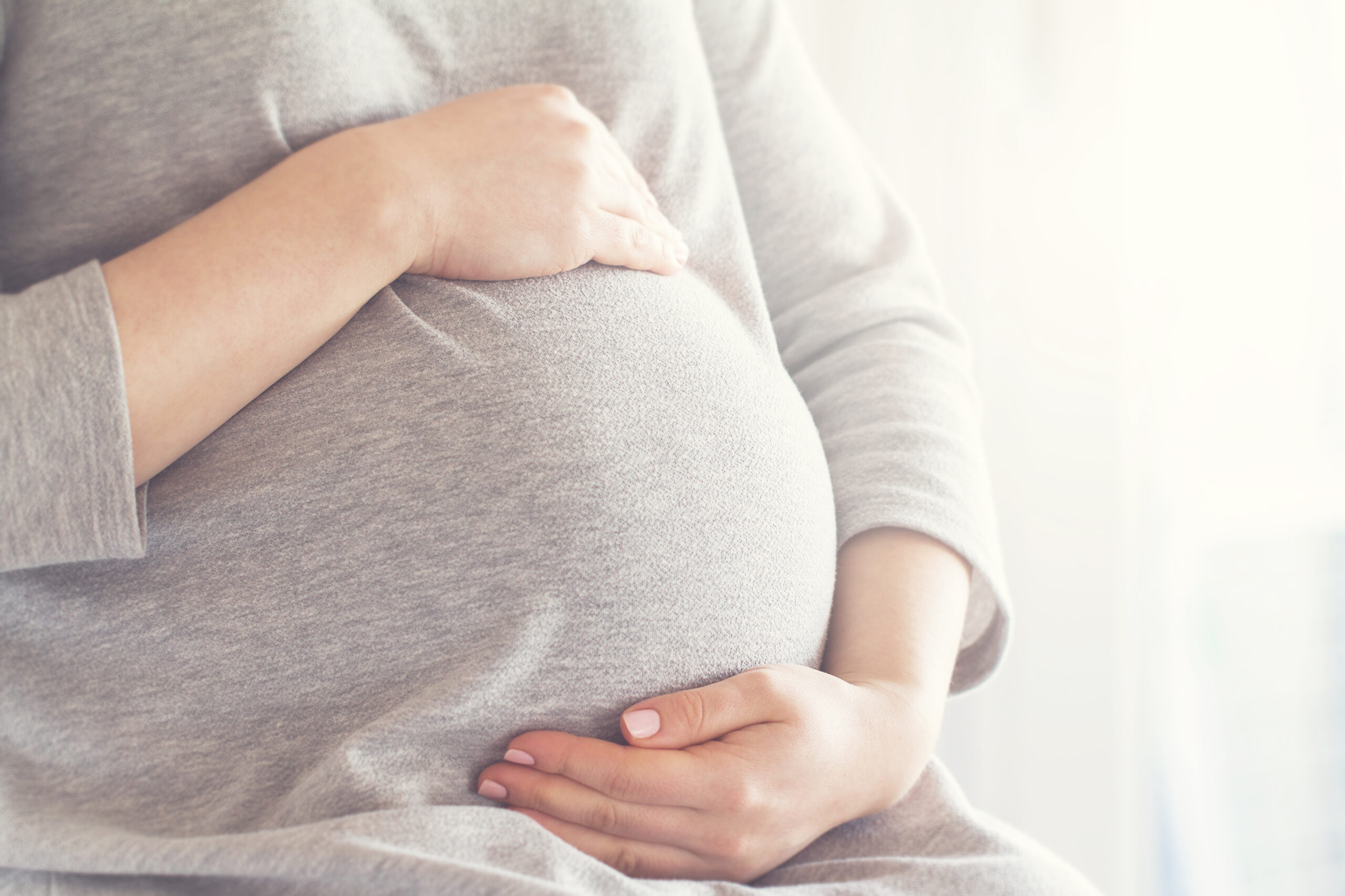
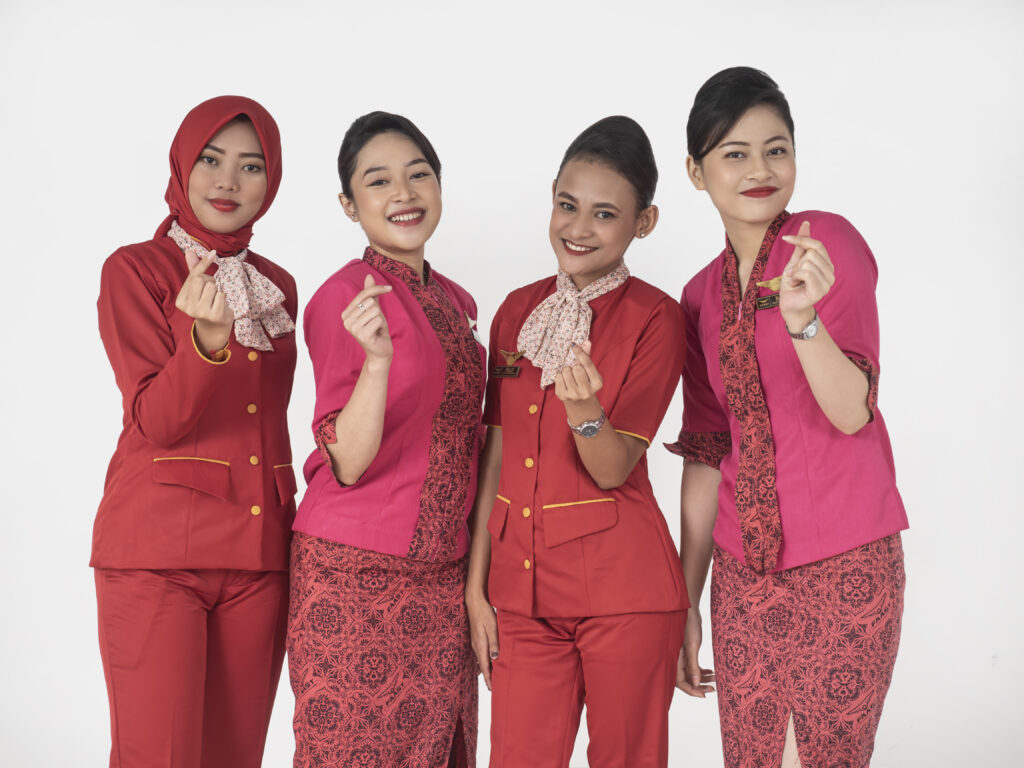



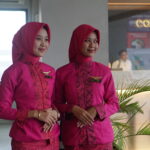
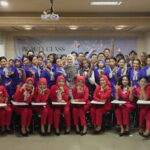
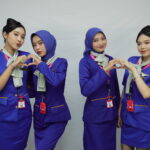

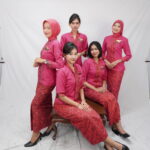
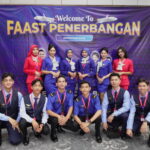
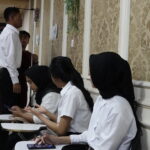

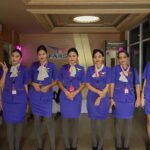
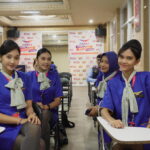



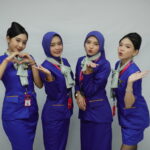



Leave a Reply